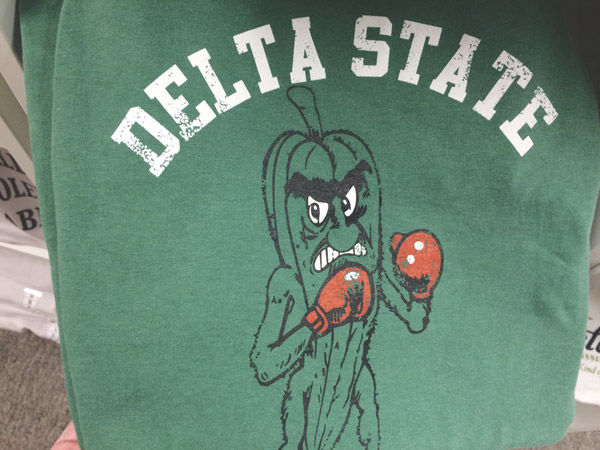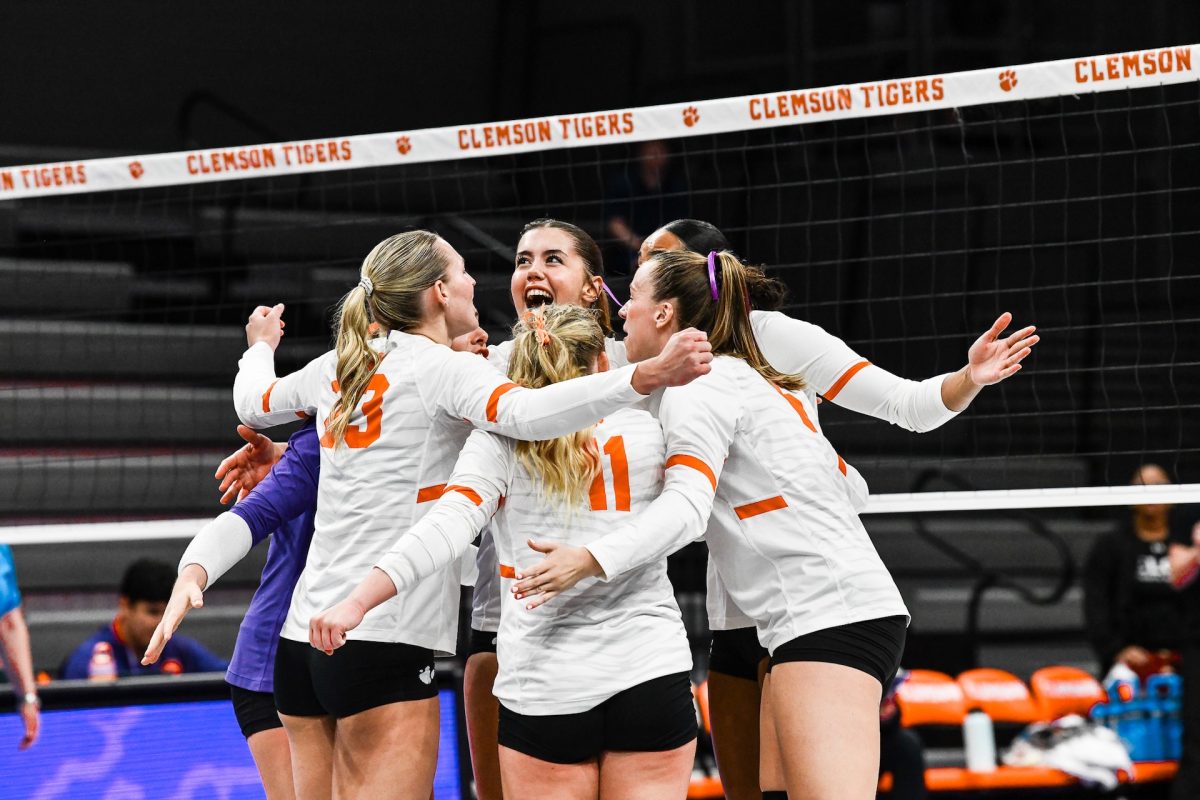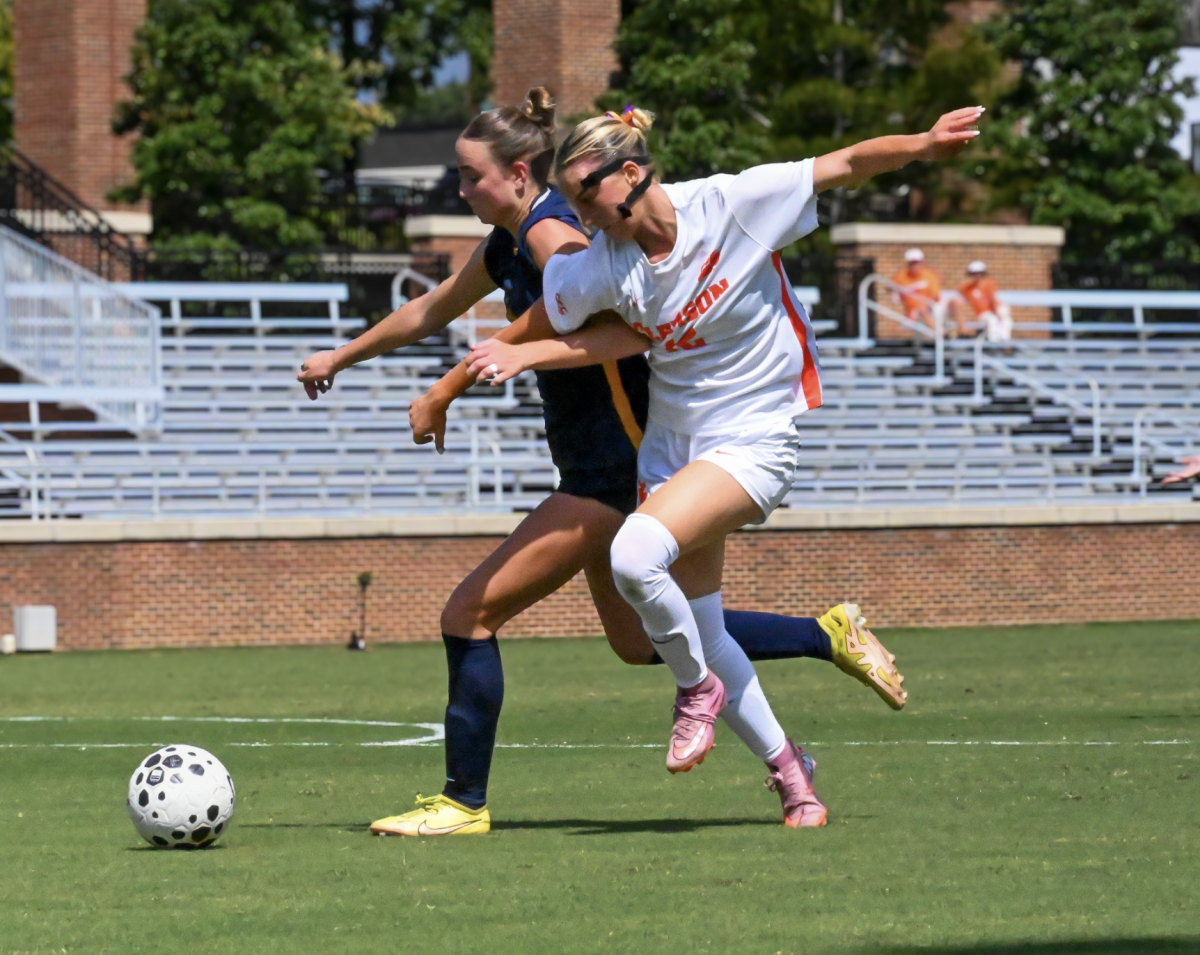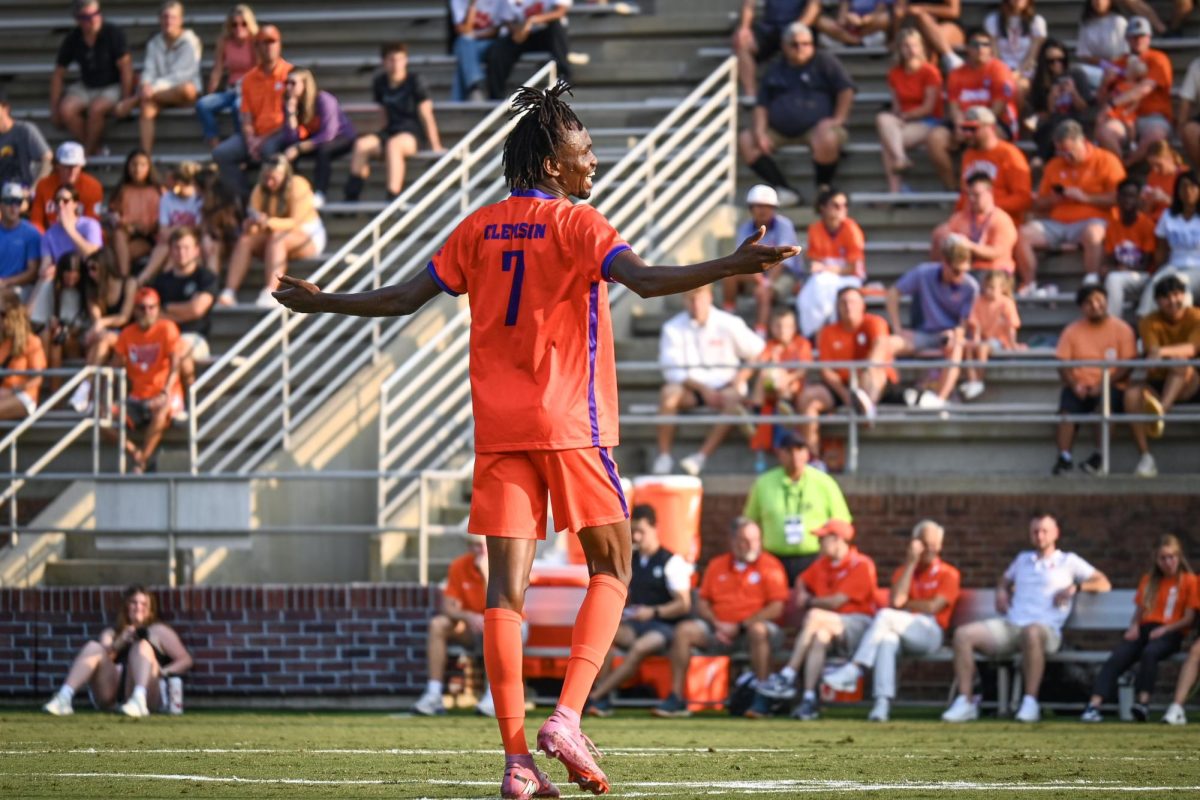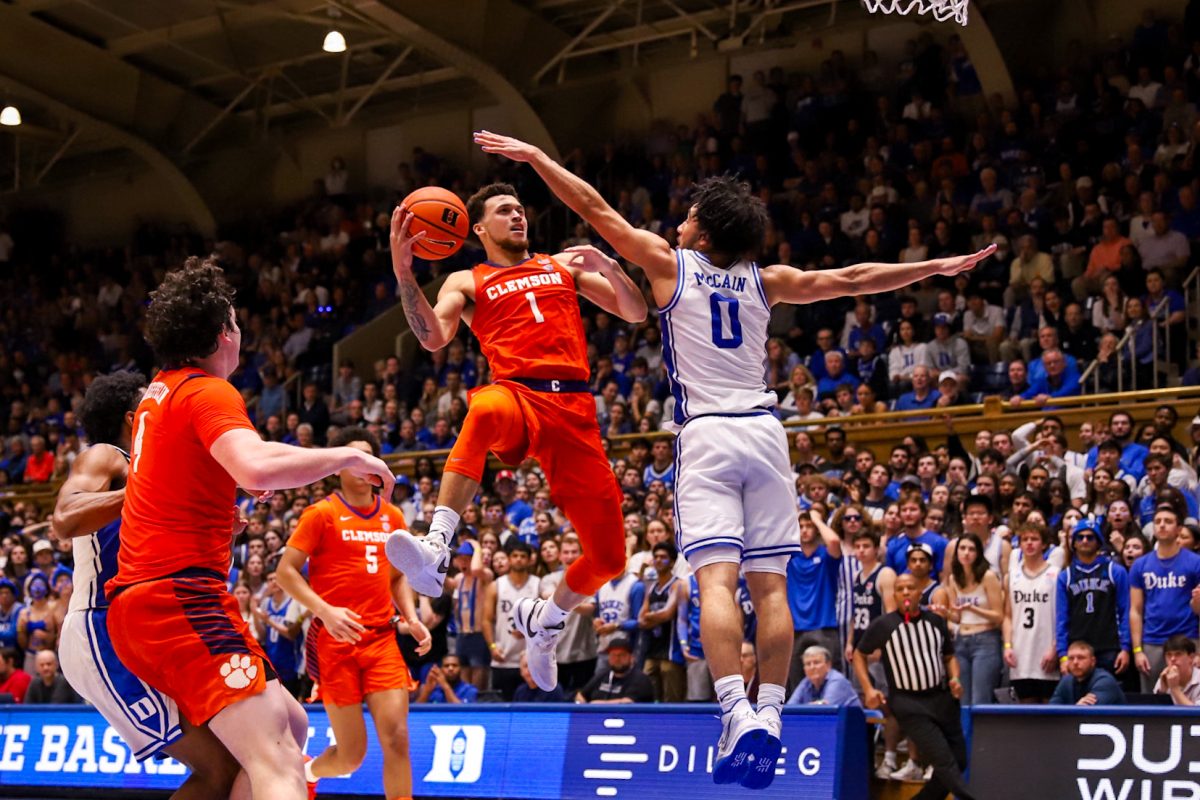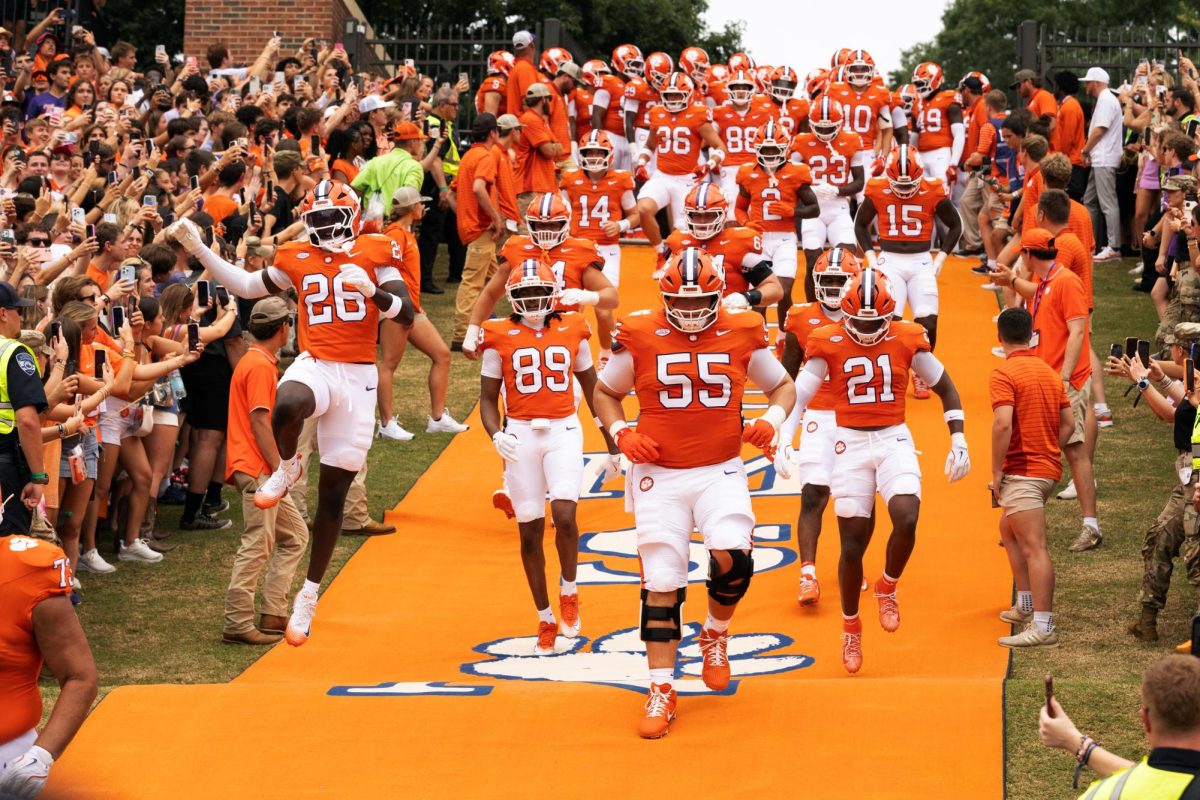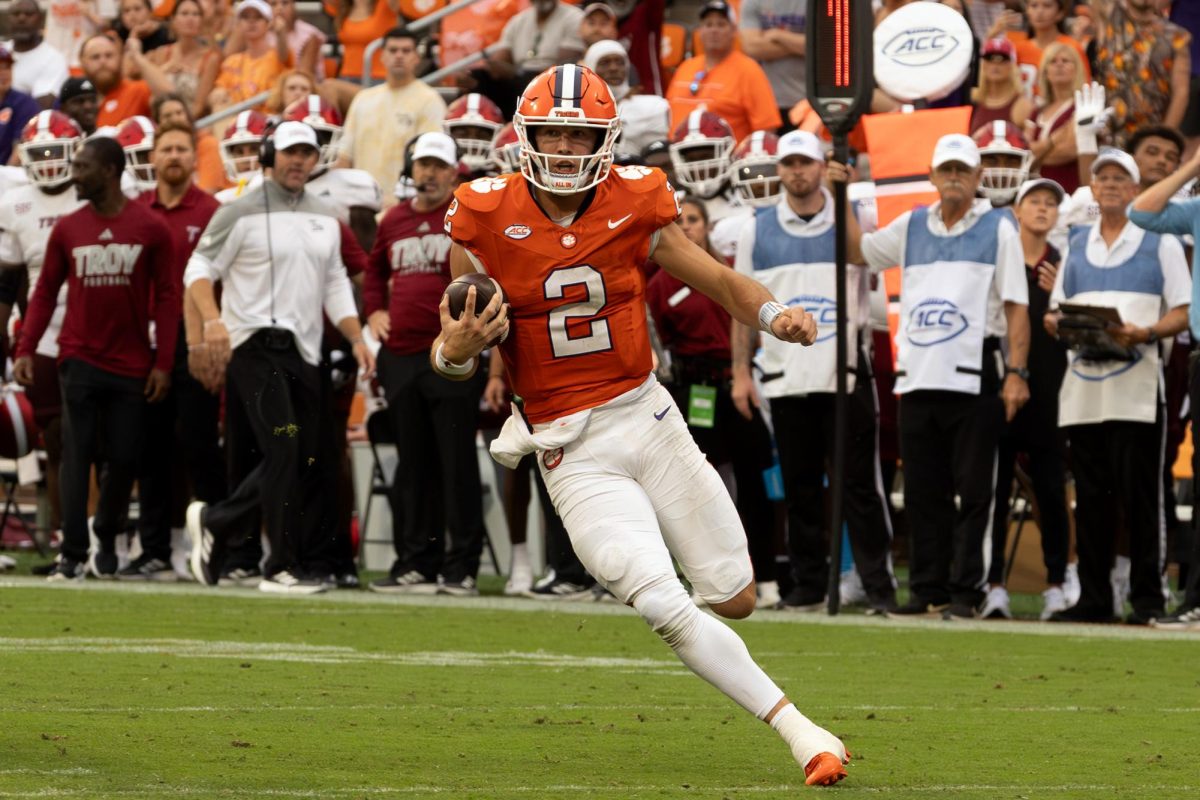While looking at the sidelines of a college sporting event, fans are usually entertained by cheerleaders, passionate coaches and mascots. Most schools take immense pride in their mascot as a symbol representing their entire university.
However, that was not the case for Delta State University.
The official mascot of Delta State is the Statesmen, an odd choice on its own. The name came from the role Walter Sillers, Jr. had in the placement of the school and because he was a State Representative for Mississippi, the school felt that naming the mascot after his profession would be a nice way to honor his contributions to the school.
While the Statesmen is an unusual choice for a mascot, it is Delta State’s unofficial mascot that gets the nod as this week’s Weird Mascot in College Sports.
The Delta State Fighting Okra was adopted as the unofficial mascot by the university in the mid-1990s, and the origin of the name has been the source of myths ever since.
One of the most popular myths for why the Okra was chosen is that there was an okra plant at first base on the baseball field that would grow back every time it was cut.
The truth behind the development of the new mascot is much less comical. A group of basketball and baseball players were all discussing how “The Fighting Statesmen” was not a very intimidating foe for their opponents. Everyone at this meeting in the “Court of Governor’s Dormitory” agreed that the new mascot should be “mean and green.”
After much discussion and several suggestions, Bob Black, the baseball pitcher, suggested, “The okra was green, fuzzy and tough,” which led to the chant of “Okra!” starting to be used at the Delta State baseball games that spring.
Soon, students began designing what the okra plant should look like in order to be a mascot. Eventually, the now-familiar Okra wearing red boxing gloves appeared on the scene.
Since then, the Okra has caused a lot of controversy between the older and younger alumni. The older alumni feel that the Okra is embarrassing and should not be representative of the university, while the younger graduates feel that it is appealing and more fun.
Regardless of the mixed opinions, the large amount of student support almost ensures that the Okra is here to stay.



